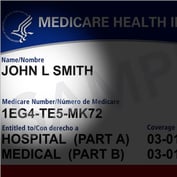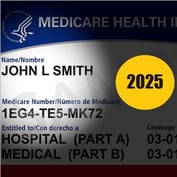What You Need to Know
- Drug companies say they will likely fight the negotiation program with lawsuits.
- Changes in the White House and Congress could affect implementation.
- Many factors could affect how much money drug price negotiations actually save.
With the Inflation Reduction Act of 2022 signed into law this afternoon, the job of implementing Medicare’s drug negotiations falls to the Center for Medicare and Medicaid Services (CMS).
The historic authority to negotiate drug prices for the Medicare population will not be easy for CMS to wield.
The pharmaceutical industry has said that it will likely challenge the law in the courts. Most likely that means challenges to different aspects of the regulations once they are proposed.
What It Means
It is premature to know what the arguments might be or whether the industry can successfully challenge the regulations.
Nevertheless, the litigation landscape adds to the complexity and ambiguity of how negotiations will work.
In addition, this authority is more narrow than previous iterations: The number of drugs for which Medicare can negotiate prices would apply only to a limited number of drugs.
Medicare Drug Price Negotiations
The new legislation requires the Health and Human Services secretary to negotiate the prices of brand name drugs and biologics, without generic or biosimilar equivalents, that are covered under Medicare Part B and D, are nine or more years old (or, if they are biologicals, are 13 or more years old), and lead to the most spending.
The number of negotiated drugs would be limited to 10 Part D drugs in 2026, 15 Part D drugs in 2027, 15 Part B or Part D drugs in 2028, and 20 Part B or Part D drugs in 2029 and later years.
The Calendar
In considering the timeline, it is important to remember that a lot can happen before the legislation is fully in operation, in about seven years.
For example, if Republicans win the House and Senate, as well as the White House in 2024, there could be an attempt to revise or repeal some provisions.
The Negotiation Drug List
For now, the first step for CMS is to determine which drugs in Part B and D will be the first to be subjected to negotiations.
While many have made educated guesses about what drugs those might be, no one is exactly sure yet.
In negotiating a price of drug, CMS must take into account many manufacture specific factors including the extent to which the manufacturer has recouped research and development costs.
The legislation says the federal government must provide a written offer with justifications related to the manufacturer-specific information.









 August 16, 2022 at 03:13 PM
August 16, 2022 at 03:13 PM












 Stephanie A. Kennan
Stephanie A. Kennan